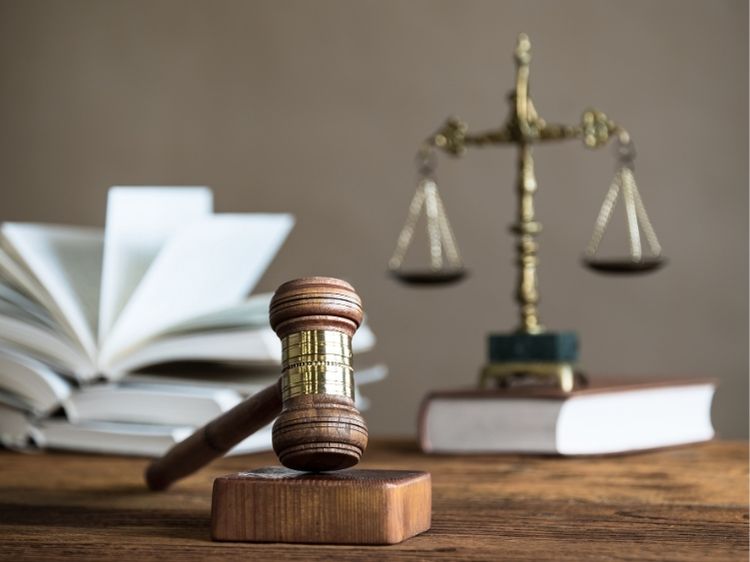When it comes to treating varicose veins, Venaseal is a name that’s been gaining popularity for its innovative, non-invasive technique. However, with the rise of medical advancements, there’s also been a surge in lawsuits concerning the potential risks and complications associated with treatments like Venaseal. So, what’s the deal with the Venaseal lawsuit? Is it worth your attention, or just another legal case getting headlines? Let’s dive in and explore everything you need to know about the Venaseal lawsuit, what it entails, and what you should do if you find yourself affected.
What Is Venaseal?
Before we jump into the lawsuit specifics, it’s important to understand what Venaseal is. Venaseal is a medical procedure designed to treat varicose veins without the need for surgery. Instead of cutting or burning the vein, the Venaseal system uses a special medical adhesive to seal off the affected veins, rerouting blood flow to healthier veins. It’s quick, less painful, and boasts a shorter recovery time compared to traditional varicose vein treatments.
However, even though it sounds like the perfect solution, it’s not without risks. Some patients have reported complications following the procedure, leading to the wave of lawsuits that have surfaced.
Why Are People Filing Venaseal Lawsuits?
While Venaseal may have revolutionized varicose vein treatment, it’s not without its challenges. Several patients have reported adverse reactions, some severe, following the procedure. These complications have led to lawsuits, with plaintiffs alleging that they weren’t adequately informed of the risks or that the treatment itself was faulty.
Here are some of the main reasons people are filing lawsuits:
- Inadequate Warning of Side Effects
Patients claim they weren’t informed of potential side effects, including deep vein thrombosis, allergic reactions, and nerve damage. - Product Malfunction
In certain cases, plaintiffs have argued that the medical adhesive didn’t function as it should, leading to severe complications, further treatments, or even surgery. - Negligence
Some lawsuits allege that healthcare providers performed the procedure incorrectly or failed to provide adequate aftercare, worsening the patients’ conditions. - Long-Term Health Risks
Lawsuits also focus on potential long-term complications, which many claim were not properly disclosed during the initial consultation.
Understanding Medical Device Lawsuits
Now, if you’re unfamiliar with medical device lawsuits, you might wonder: how do these cases typically unfold? Medical device lawsuits are complex, often involving multiple parties such as manufacturers, healthcare providers, and, in some instances, regulatory bodies. The crux of these lawsuits is usually whether the manufacturer or healthcare provider failed in their duty of care—either by not warning patients of the risks, not following up on safety protocols, or providing defective products.
What You Should Know About the Venaseal Lawsuit Process
Filing a lawsuit for medical complications can be daunting. But if you or a loved one has experienced adverse effects after a Venaseal procedure, you have options. Here’s a breakdown of what typically happens in such cases:
- Consultation with a Legal Expert
Start by consulting a legal expert specializing in medical malpractice or product liability. They’ll assess your case and determine whether you have grounds for a lawsuit. - Collecting Evidence
Your attorney will gather medical records, statements from healthcare providers, and other relevant documentation to build your case. - Filing the Lawsuit
Once the evidence is in place, your attorney will file the lawsuit against the manufacturer, healthcare provider, or both, depending on the specifics of your case. - Settlement or Trial
In many instances, lawsuits are settled out of court. However, if a settlement can’t be reached, the case may go to trial.
FAQs About the Venaseal Lawsuit
- What complications have been reported after the Venaseal procedure?
Common complications include allergic reactions to the adhesive, deep vein thrombosis, nerve damage, and, in some cases, long-term issues with blood circulation. - How do I know if I’m eligible to file a Venaseal lawsuit?
If you’ve experienced adverse effects following the procedure, you may be eligible. A legal expert can provide a thorough evaluation of your case. - Will my lawsuit go to trial?
Not all lawsuits go to trial. Many are settled outside of court. However, if an agreement can’t be reached, your case may proceed to trial. - How long does a medical device lawsuit take?
The timeline varies, but such cases can take months, if not years, especially if they go to trial. - Can I sue both the manufacturer and my healthcare provider?
Yes, in some cases, lawsuits are filed against both the manufacturer and the healthcare provider, particularly if the issue stems from both the product and improper medical care.
What Can You Expect in Compensation?
If you decide to file a lawsuit, you’re probably wondering about the compensation you can receive. While every case is unique, typical compensation covers:
- Medical bills (both past and future)
- Loss of income due to the inability to work
- Pain and suffering
- Legal fees
In some instances, plaintiffs may also be awarded punitive damages, especially if the manufacturer is found to have been grossly negligent or if they knowingly withheld information about the product’s risks.
How to Protect Yourself
If you’re considering the Venaseal procedure or have already undergone it, it’s crucial to stay informed. Ask your healthcare provider detailed questions about the risks, and don’t hesitate to get a second opinion. Always follow post-procedure care instructions closely and report any adverse effects immediately.
Conclusion
The Venaseal lawsuit has raised important questions about the safety and efficacy of medical devices. While Venaseal may offer an attractive alternative to traditional varicose vein treatments, it’s essential to weigh the potential risks. If you or someone you know has experienced complications, legal recourse may be available. Always consult with a medical and legal professional to understand your options and protect your rights.
Authoritative Links (for further reading):



